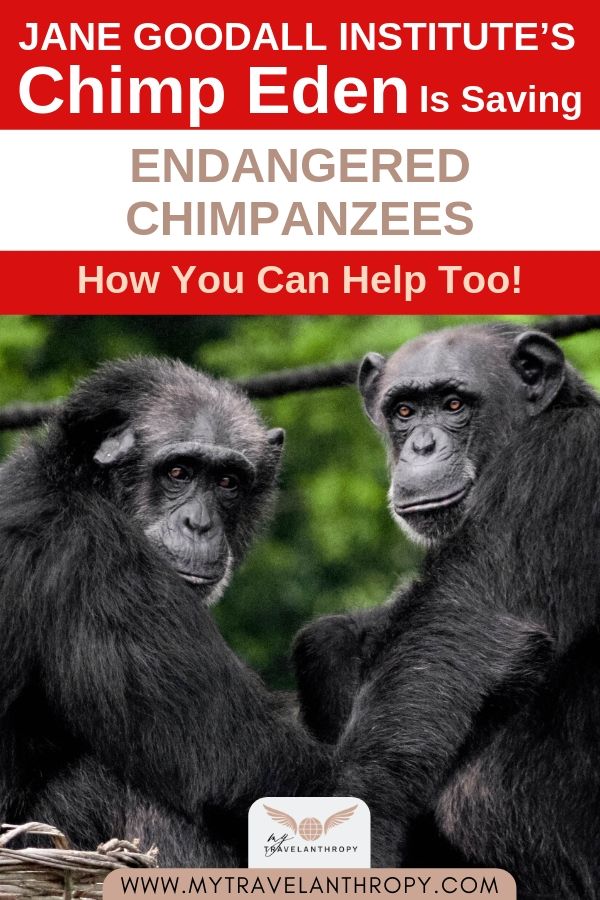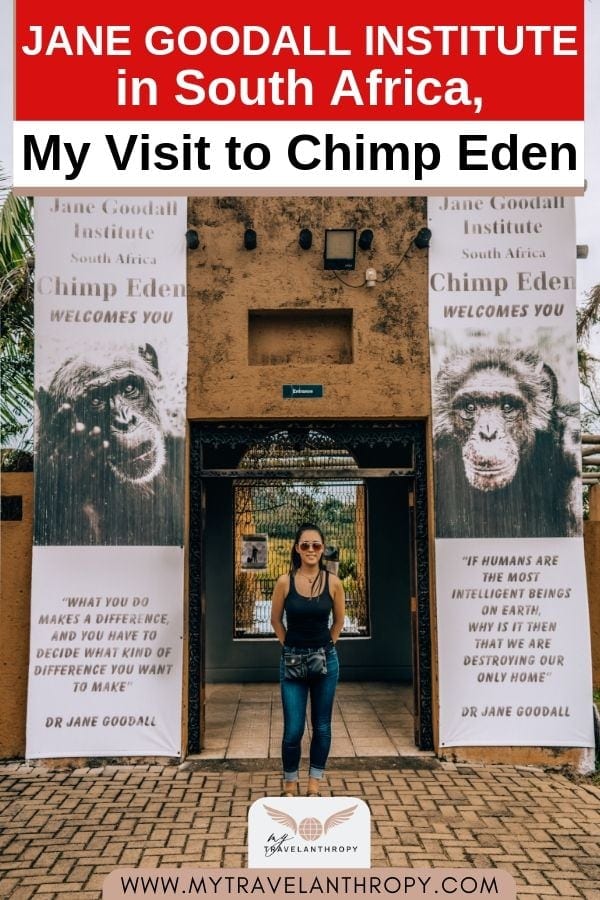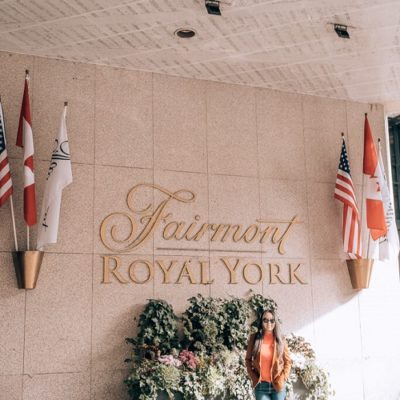Table of Contents
Chimpanzee sanctuary serves as a prime example of impactful ecotourism
Animal activist Jane Goodall is often credited with helping the world learn more about wild chimpanzees. In 1960, she journeyed to Tanzania to study them – with no background in research and armed with little more than a notebook, a pair of binoculars, and a strong curiosity. Today, she continues to travel the world calling attention to the plight of chimpanzees, an endangered species in desperate need of our help, and, through The Jane Goodall Institute, she funds various conservation initiatives, including Chimp Eden.
Chimp Eden is a chimpanzee sanctuary in South Africa, spread across 1,000 hectares in the Umhloti Nature Reserve. Founded in 2006, Chimp Eden provides a safe haven for chimps and uses a blend of education and ecotourism to raise awareness about the dangers of extinction.
From several viewpoints, which overlook the forest and foraging areas, visitors can observe and study three different chimp groups in a risk-free environment. However, Chimp Eden is much more than a tourist attraction – it’s arguably the chimpanzee species’ greatest hope for survival.
How chimpanzees have become endangered
The U.S. officially listed all chimpanzees (wild and captive) as an endangered species in 2015, though wild chimpanzees had received this designation under the Endangered Species Act in 1990. Their population sits somewhere between 172,700 and 299,700 total, and they face numerous threats caused by commercialized poaching. Poached chimps can end up as bushmeat, illegal pets, or entertainment attractions in circuses and at beach resorts and nightclubs.
Protecting them is important and our closest animal cousin. Chimps share an estimated 98% of our DNA, and in addition to helping us understand our lineage, they play a key role in maintaining the harmony of their natural environment. This is why Jane Goodall championed their cause. Chimp Eden is the ultimate expression of her passion for this species.
How to Support Chimp Eden
There are several ways to support Chimp Eden and The Jane Goodall Institute’s greater mission of saving chimpanzees from extinction. Perhaps the most impactful way is to visit Chimp Eden.
The sanctuary hosts three guided tours every day at 10 a.m., 12 p.m., and 2 p.m. Guides discuss the unique aspects of the species, the specifics of the sanctuary, and the individual stories of Chimp Eden’s chimpanzees. Tickets are R210 (approx. $15 USD) for adults, R95 (approx. $7 to $10 USD) for children aged 6-12 (children under 6 are free), and R165 (approx. $11 USD) for seniors over 65.
All proceeds from the guided tours are invested directly into the sanctuary.
Chimp Eden does occasionally offer accommodations – these are wendy huts that house twin cabins and private bathrooms and cost between R560-R750 (approx. $38-$50 USD) per night. However, this availability varies by season. (As of August 2019, the huts are not available for booking.) The sanctuary’s official website provides up-to-date information and links to other accommodation options.
Aside from visits, Chimp Eden also encourages large groups and businesses to host special events and conferences on-site. The event space can seat up to 50 people and includes catering and AV equipment options. If you’re unable to visit Chimp Eden, you can still support their efforts by making donations, adopting a chimp through the sanctuary’s official guardianship program, and volunteering.
As Jane Goodall has shown us for nearly 60 years, wild chimpanzees need our help for survival, and supporting Chimp Eden is a simple way to lend a helping hand and make a lasting impact.
To watch the video of my visit, click here. Or visit www.chimpeden.com for more information on how you can get involved!
*PIN- IT! If you like this post and want to keep it for future reference, don’t forget to pin the image/s below on Pinterest!





